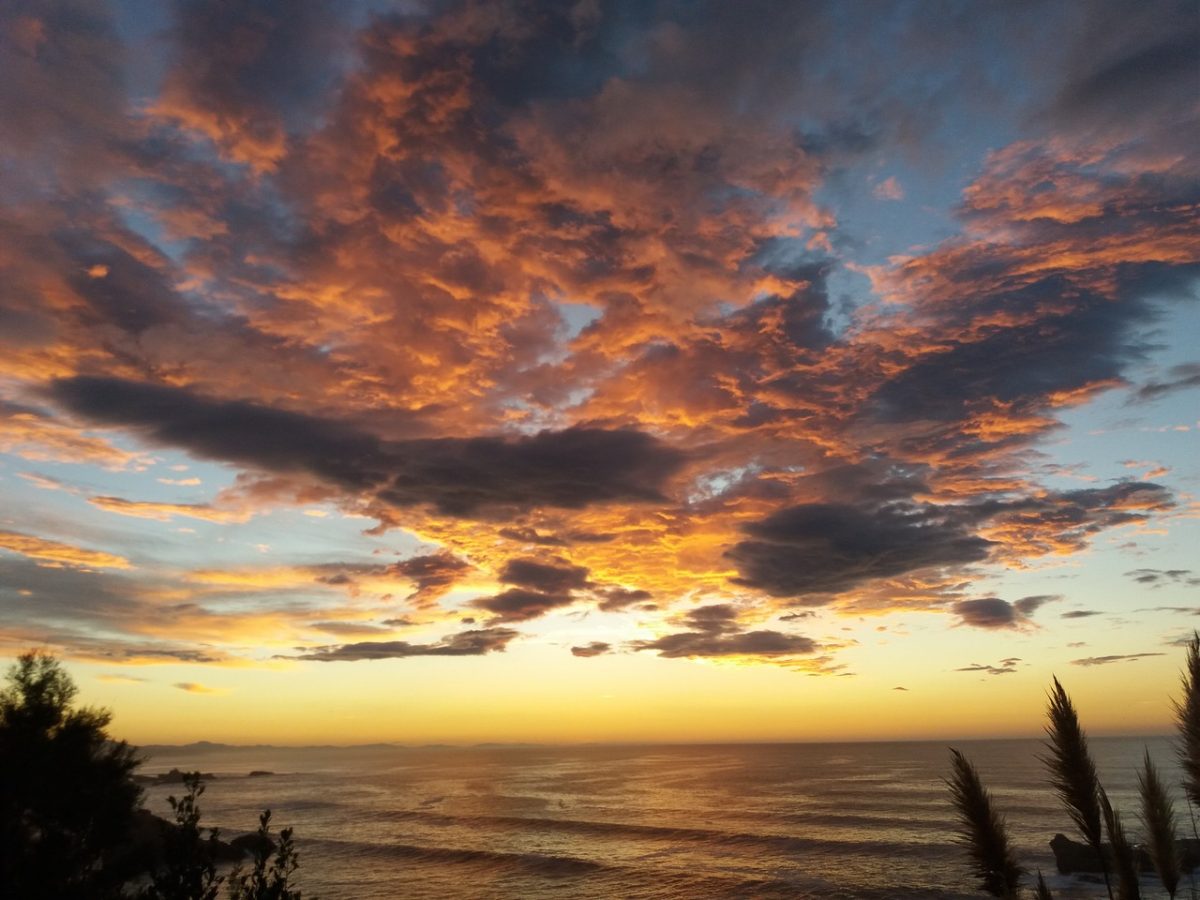The first step for wisdom seekers involves taking stock, looking at what you have achieved, at where you already are on your journey towards wisdom, personal integrity, wholeness and maturity. This can be done by thinking about a few key questions, like those in earlier pages:
What gives your life meaning?
From what, and who, do you derive direction, courage, inner strength, hope and a sense of purpose?
What makes you feel alive?
Many people are surprised to discover that they have already been adapting their lives to follow a path of wisdom – regularly performing acts of kindness, for example, having quiet time every day on their own, engaging meaningfully with nature outdoors. These are examples of spiritual or ‘wisdom’ practices.
The next step involves going further, committing oneself to follow a Personal Development Programme (PDP) or Spiritual Development Plan (SDP) along the lines outlined here, the simplest of which would involve one or more of the following:
- Quiet time each day – for reflection, meditation or prayer,
- Regular study – of wisdom material, such as scripture, philosophy, literature and poetry,
- Fellowship – establishing and maintaining multiple goodwill relationships,
- Frequent acts of kindness and service to others.
- Engaging with nature, frequently and meaningfully.
These practices reinforce each other.
The value of stillness and silence, together with solitude, time spent alone, cannot be over-emphasized. ‘Simply being with yourself’, is the essence of meditation, silent prayer, mindfulness, or ‘stilling’, types of practice which involve focused concentration on a stable, unobtrusive stimulus – such as one’s own breath flowing back and forth, a tranquil and inspiring visual image, or a simple sound, phrase or prayer.
Meditation involves more than simply employing various practice techniques. It is a mysterious process that occurs spontaneously as a gap opens up when the mind becomes engaged purely with itself. ‘Something happens’ that is hard to put into words. It may be slight and subtle, but it is also cumulative and healing.
What is happening at the biological level in the brain is a harmonizing of the two hemispheres, left and right, correcting naturally the tendency in the waking consciousness of daily life for the potentially toxic, egocentric left-brain to over-ride the wiser, more altruistic right-brain. The same balancing effect results from many other forms of wisdom practice.
Meditation forms a key component of the mystical paths of most world religions, but is increasingly used too by those who count themselves atheist, secular or ‘spiritual but not religious’.
People who are religious and people who are not religious are likely to experience similar promptings from their wisdom mind, their inner compass or guide, impulses for personal or spiritual self-improvement. To cater for this, a number of religious spiritual practices also have secular counterparts.
Religious practices, in addition to meditation and prayer, include:
a) Worship and other forms of ritual practices
b) Reading scripture and theology
c) Listening to, singing and playing sacred music
d) Undertaking spiritual ‘quiet days’ and longer retreats
e) Going on pilgrimages to sacred sites
f) Through service, doing vocational and charity work
Secular equivalents include:
g) Folk traditions and rituals
h) Contemplative reading of poetry, philosophy, fine literature and good quality self-help advice
i) Engaging with uplifting or ‘soulful’ music – through listening, singing, chanting, playing and dancing
j) Performing regular acts of kindness and compassion
Additional methods of spiritual refreshment and renewal, used by all kinds of people, whether religious or otherwise, include:
k) Maintaining stable and loving family relationships and friendships
l) Engaging with and enjoying nature – connecting in various ways with the sea and the countryside, in parklands and gardens
m) Physical activity and keeping healthy
n) Appreciation of the arts and engaging in creative activities
Just as people come together in churches, synagogues, mosques, temples and gurdwaras, not only to cement their faith and worship but also to engage in community activities and communal life, so do secular groupings arise to engage in co-operative activities of a sporting, recreational, charitable or other type, in ways that involve a special quality of bonding and fellowship.
Remember, the attempt to make progress towards wisdom and maturity does not involve competition. There are no examinations, no judgement. There is no emphasis on trying too hard. If you fail or falter, don’t worry. Simplify your PDP or SDP and try again. Do your best. Be assured, the rewards will eventually come.
Please share information about the World Wide Wave of Wisdom, and this website, with family, friends, work colleagues, acquaintances and even sympathetic strangers. Help us reach as many people as possible. Many thanks.
Join the Wave! Help it grow!
You could start by leaving your own wisdom message below where it says ‘Leave a Reply’. We would be very grateful for any comments.

* These suggestions are based on ‘Seeking Wisdom’ (Part 3), by Larry Culliford (2018; University of Buckingham Press)

You guys are doing a very great service with the perspective you are offering. I hope the world will appreciate your contribution. Please keep up the great work!